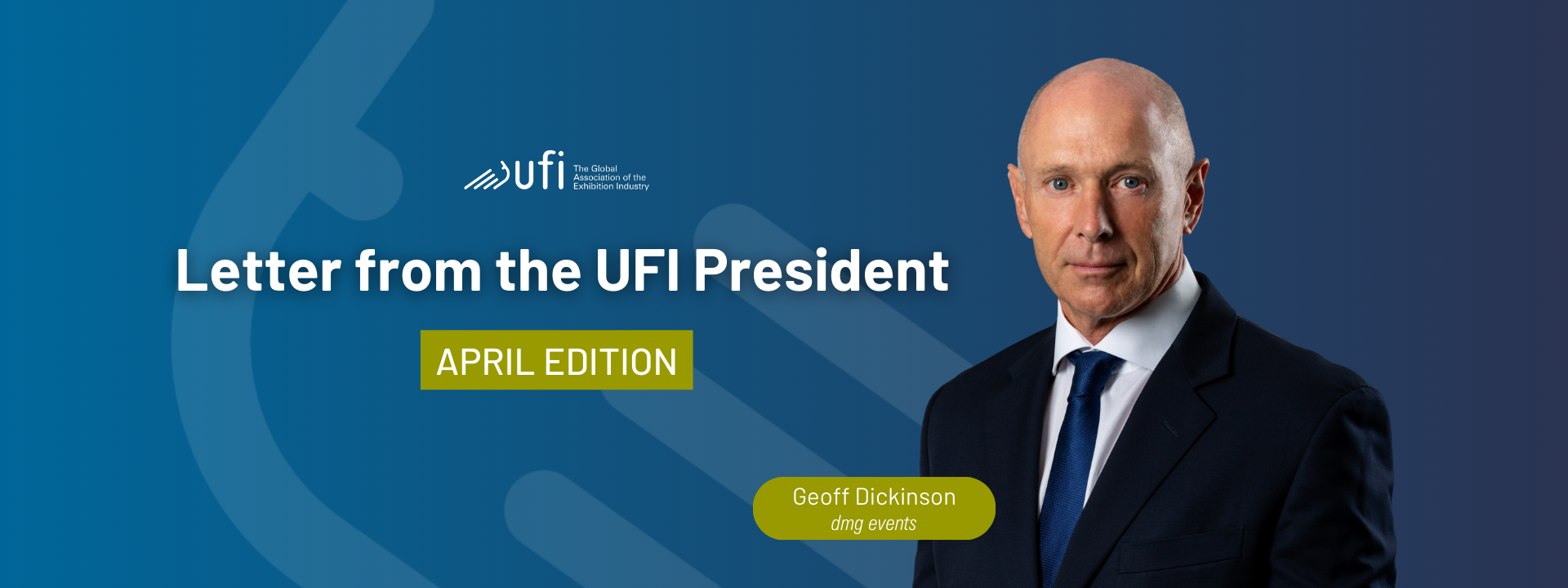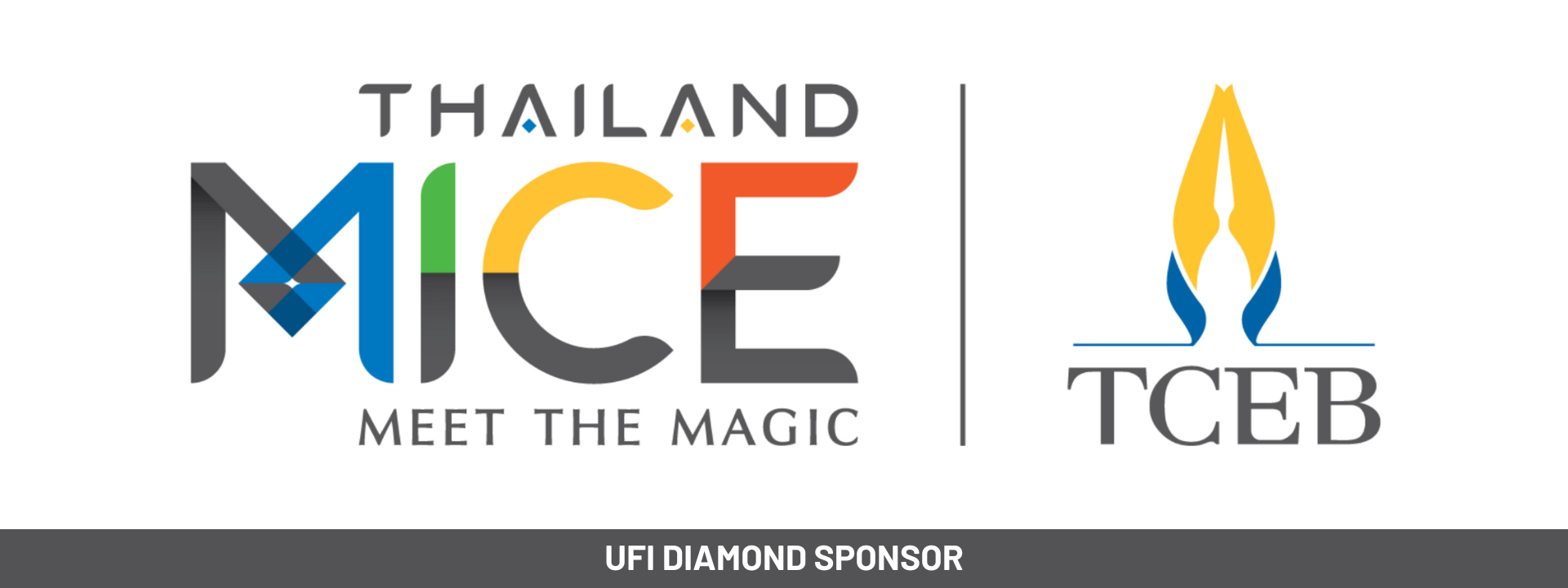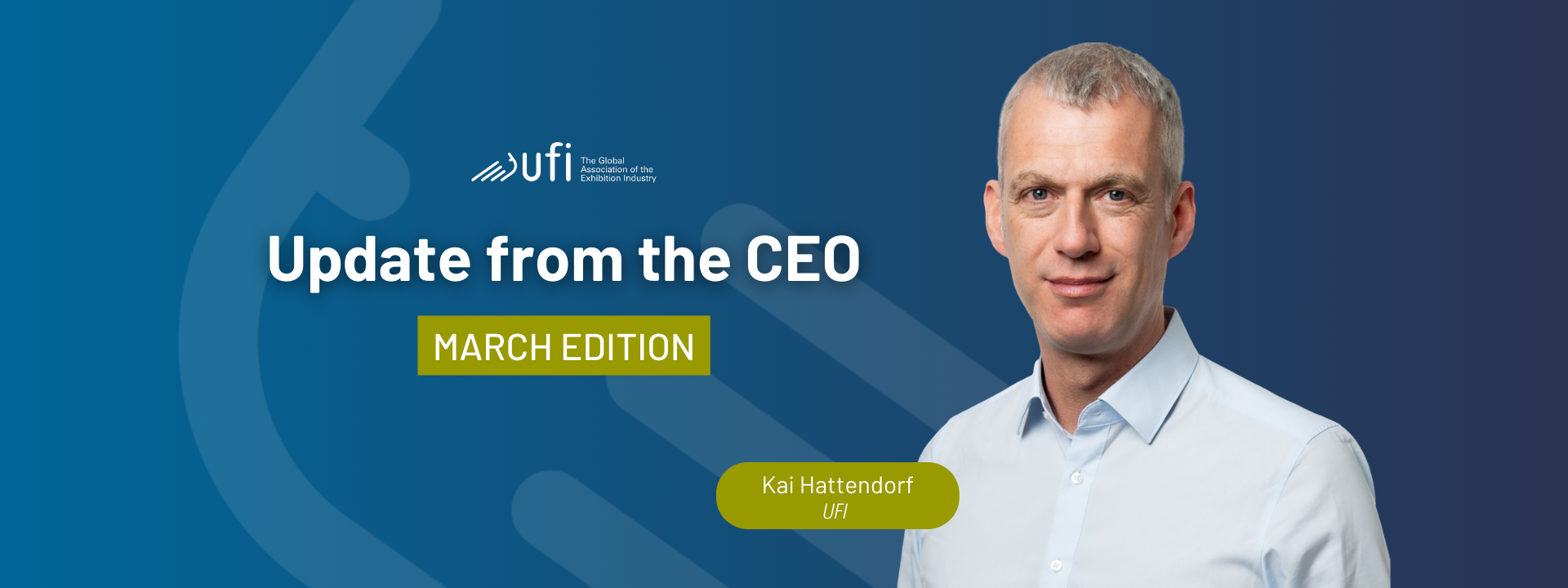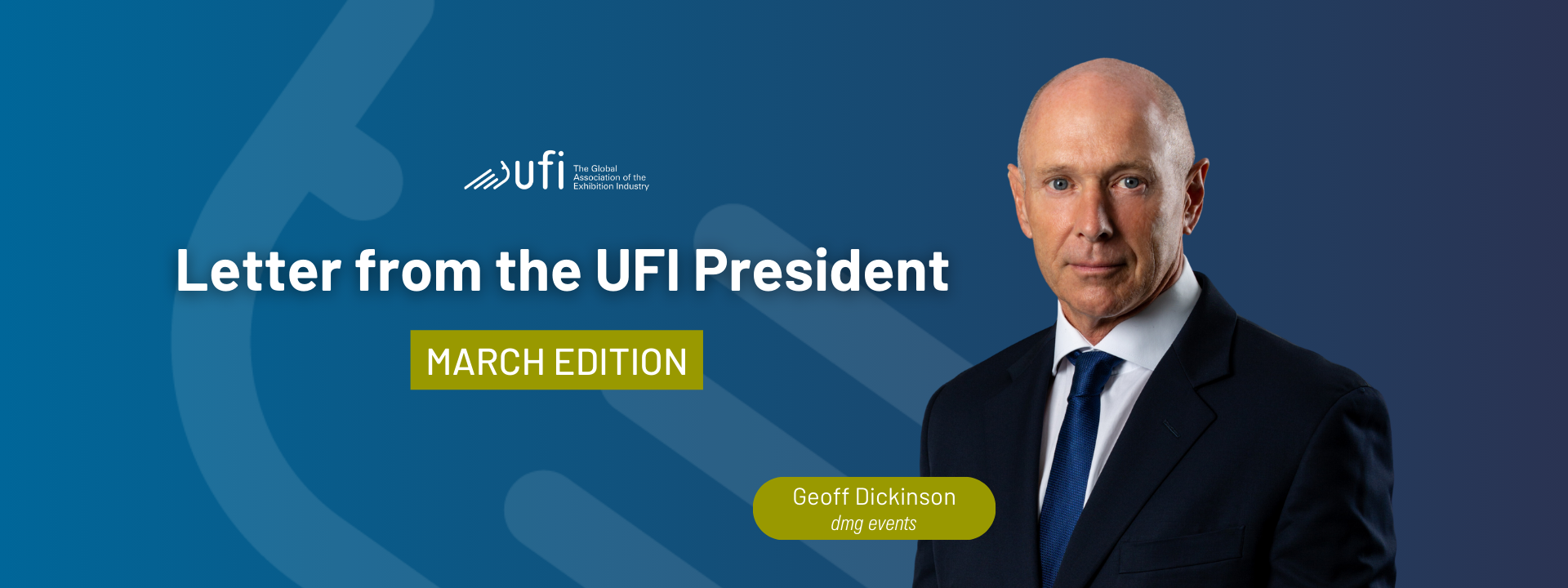Posted by
Barry Siskind
Community manager
The exhibition industry is particularly vulnerable to the havoc caused by forces beyond its control. During the past few years we have been subject to the whims of nature, the economy and terrorism. But coping with the earthquake, tsunami and nuclear power catastrophe all at once was beyond imagination. At the upcoming UFI Open Seminar in Asia, Tad Ishizumi, President of Reed Exhibitions Ltd, Japan, will deliver a keynote to the audience called “Reacting to Crisis – Reed Exhibitions in Japan after the tsunami.”
Barry:
All organizers brace themselves knowing that their exhibitions are vulnerable to unexpected acts of nature. In retrospect, knowing that you could have never expected the magnitude of the devastation caused by the last year’s earthquake and tsunami, are there steps the Japanese exhibit industry could have taken to better protect themselves against the unknown?
Tad:
We could have had some mechanism, such as a crisis management team, to help members handle the situation when the disaster struck, and to share relevant and useful information among the industry members in a swift manner.
However, I think more fundamentally, to better protect ourselves from the unknown, the industry needs to produce more exhibitions that are significant for the industry and economy, as well as to ensure more publicity for our activities.
These would have helped us gain higher recognition from the political, governmental and business sectors on the importance of exhibitions, so that in a time of crisis like this, we would be more likely to receive their support or assistance.
But it’s not too late. These can and should be done now to prepare for the unknown ahead of us.
Barry:
Going forward what are the key lessons learned by the exhibition industry in Japan as a result of this tragedy?
Tad:
I can’t speak for the entire industry, but I know many of us have learned that:
1. As the exhibitor organizer, we have huge responsibilities, and therefore, must not cancel an exhibition without a great deal of thought even amid the worst crises. On the contrary, each organizer must do it’s very best to go ahead with the exhibition even when it looks like an impossible task.
2. An exhibition can play an important role in revitalizing the economy, and thereby expediting the post-disaster recovery. Knowing this, we realize that we should take pride in what we do as an industry, and become more motivated to work harder to strengthen our exhibitions.
3. On the practical side, as an organizer, our actions must be swift in a crisis. Our announcement to delay or cancel must be clear-cut and with objective reasons to support it.
I am very pleased that our actions during the disaster have made an impact on the industry by settling an example for the members.
If you haven’t registered there is still time. www.ufi.org/shenzhen2012.






Leave A Comment